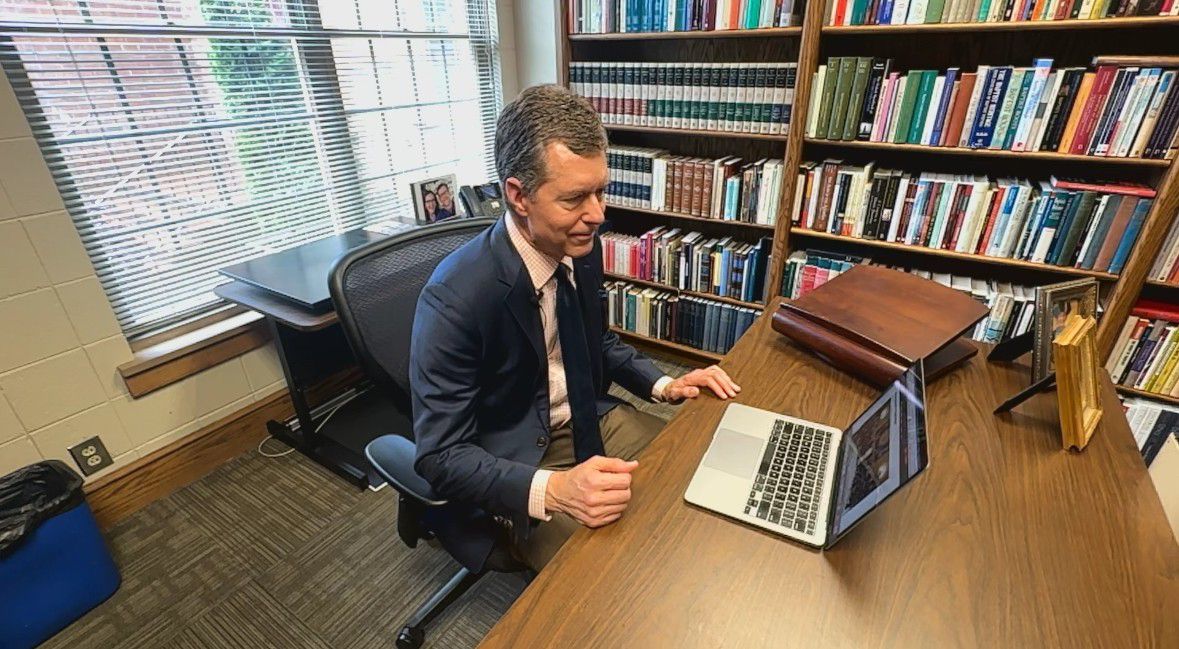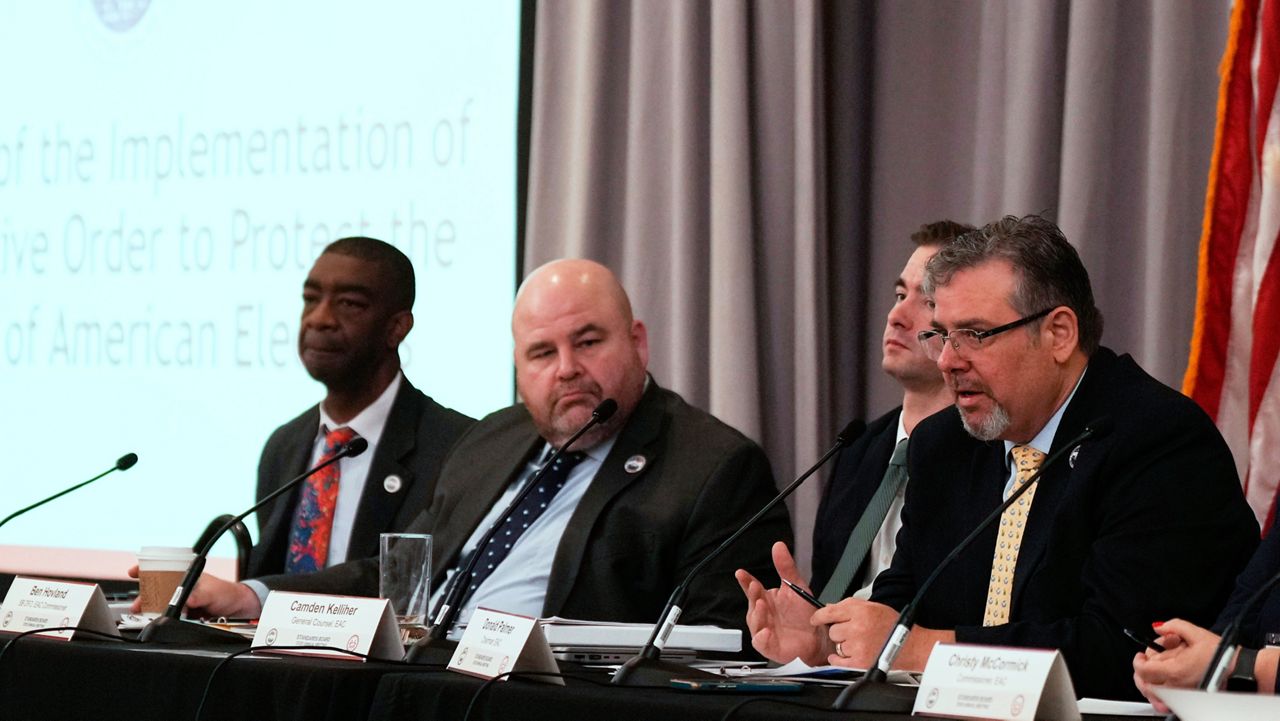CHARLOTTE, N.C. — A North Carolina historically Black university is monitoring updates on a national program serving as a lifeline for many students.
Kenyatta Reed is director of TRIO student support services at Johnson C. Smith University.
TRIO programs support students from varied backgrounds, such as individuals with disabilities, first-generation college students and those coming from low-income households. Services TRIO staff provide include tutoring, mentoring and financial guidance.
“I like to call the TRIO program an extra layer of support,” Reed said. “We also provide opportunities for students to receive grant aid if they’re Pell Grant eligible, which will help them with paying for school or reducing their dependency on student loans.”
Reed, a first-gen graduate and TRIO alum, understands how critical the program is for many students.
“I’m very passionate about helping students that may have had the same experiences I had,” Reed said. “[We] can help students one-on-one or small groups overcome barriers or challenges they may experience.”
The nonprofit FirstGen Forward reports first-generation students are graduating at a national rate of 24%, compared with 59% for continuing generation students
Reed said the numbers speak to importance of having support services in place to help first-gen populations make it to the graduation stage.
“It’s important we’re able to help them navigate through college,” Reed said. “Particularly with first-generation and low-income students. Compared to their continuing generation of peers, they may not have the same level of support or knowledge as it relates to navigating a campus or the collegiate environment.”
JCSU’s TRIO services are supporting at least 185 students on campus.
But the future of TRIO remains a bit unclear.
TRIO is federally funded through the U.S. Department of Education. The agency provides grants to higher education institutions and organizations nationwide to enact support services for eligible students.
President Donald Trump recently signed an executive order, directing the secretary of education to take measures toward the dismantling of the education agency. The move came after half of the education department’s staff was let go.
"Today’s reduction in force reflects the Department of Education’s commitment to efficiency, accountability, and ensuring that resources are directed where they matter most: to students, parents, and teachers,” said Secretary of Education Linda McMahon, in a March 11 press release.
As of now, Reed said she has not received any major updates pertaining to the future direction of TRIO amid the Education Department’s changes.
“At this time, I think we are all in a space of uncertainty,” Reed said. “[We must] continue to advocate for the TRIO Programs and first-gen initiatives across all colleges and universities. Consider the future of our students.
“There are so many first-gen students pursuing education, graduating, becoming lawyers, doctors, social workers, etc. To be able to sustain our community as a whole, I think it's important we recognize there are programs like TRIO that help students get to that point.”
Jordyn McAfee is a first-generation student at JCSU.
McAfee says it was hard navigating the campus life. She credits TRIO for helping steer an academic pathway.
“Honestly, I may have dropped out,” McAfee said. “As someone who hasn't had much of a surrounding group of people who went to college, it was hard navigating the campus life alone."
Calaxa Ramirez is also a JCSU first-generation student.
Ramirez says the support services TRIO provides students are unmatched.
“They have been by my side,” Ramirez said. “Thank God to the people I met here, it was one door opening after another.”
“I hope this program continues, and everyone understands we need the funds. As first generation we cannot be what we don't see,” Ramirez said.
Spectrum News 1 has reached out to the DOE to confirm if the agency will continue to oversee TRIO, and if any major changes are potentially happening with the program services, but has not received a response.












